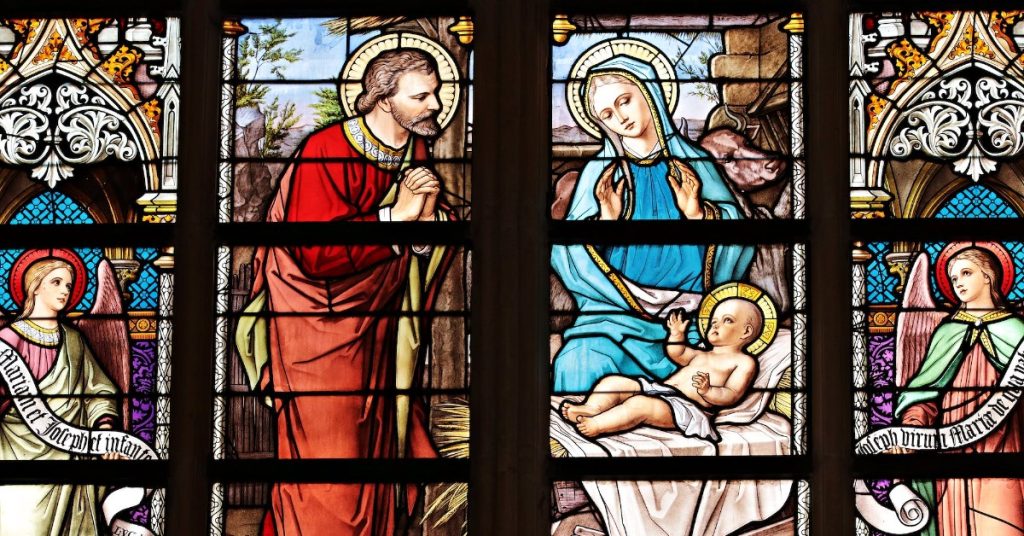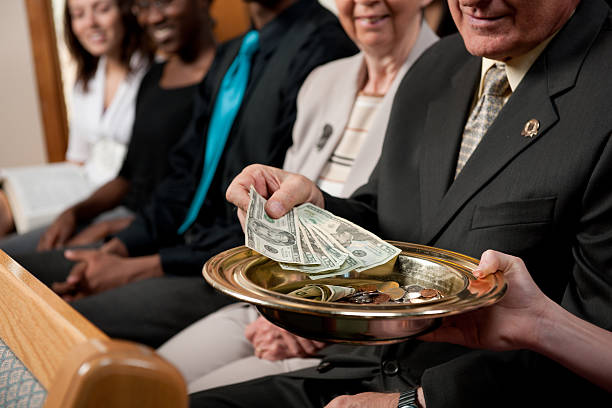
Churches are in business, so they need to make money. So how do churches make money? Churches are businesses, so they must earn revenue to survive and thrive. In this post, we’ll explore ways churches can get revenue through their various offerings, such as collections or gifts from congregation members. We’ll also look at some special events or fundraisers the church may hold for the community, as well as some other sources of revenue that could support the ministry in some way (or maybe not).
Collections.

One way that churches make money is through collections. Collections are a way of asking for donations, and they’re usually done every week. Usually, the collection plate is passed around during the service, and people can drop money. Sometimes, you might hear someone say “the offering” or “the offering basket” when referring to this type of donation; this comes from old English roots where offerings meant something like tribute or tax.
Collections also have other names: “donation basket,” “donation plate,” etc., depending on what kind of fundraising method you’re using at your church!
Donations.
Churches receive donations from members, visitors and non-members in the form of cash, goods or services. If you want to donate, you can do it online or visit a local bank branch, where they will ask for proof of ID before completing their transaction with them.
Gifts.

Gifts are a great way for churches to make money.
In the past, gifts were primarily in the form of cash or property. But gifts can also be made by individuals, families and businesses. Some people give money or property to their church as a memorial or tribute. Others give it on behalf of an individual who has died. Some churches have special collections during “Lent” that people donate meat products (the equivalent of giving up red meat) when they are fasting. Lent is 40 days during which Christians remember the events leading up to and including the death of Jesus Christ.
Contributions.
Contributions are like a donation. But they are given to the church as a gift rather than to a specific cause. You can make contributions in cash, by check, or even through an online crowdfunding platform like GoFundMe or Kickstarter. The contributions go directly into the church’s general fund, which pays staff salaries and other bills like utilities and insurance premiums.
Special events.
Special events are often held for fundraising purposes. They can also be used as a way to bring people together, or they can be a way of reaching out to the community in general. For example, church events can be fundraisers, or they can be for the church community.
Special events often occur on the church grounds but may also occur off-site in rented spaces such as hotels and restaurants (e.g., weddings). Special event planning requires careful attention to detail because it involves many different parties: you’ll need an event planner who knows how much space you have; other vendors (food vendors, musicians) will need their contracts; maybe even your clergyman has some guidelines about what’s appropriate attire!
Fundraising.

Church members and volunteers are often asked to perform fundraising tasks like selling raffle tickets or collecting donations for a cause. These events may be held in the church building or elsewhere. But they usually involve some gathering of people. At this time, those who have given money are expected to participate in activities such as games, food and drink, music etc., with the proceeds going towards whatever cause was supported by this fundraiser.
Churches make money from fundraisers by charging admission fees (if there is one) and collecting contributions from those attending the event. These contributions can include cash donations made directly at registration tables or through credit card processing systems installed onsite during normal business hours when churches hold their events. However, these two methods work poorly because they require people who don’t know each other very well to come together all at once. So this approach isn’t viable anymore since most people now rely only on online platforms like Facebook groups, where everyone has access 24/7, 365 days per year, without fail, without any restrictions whatsoever!





















Add Comment